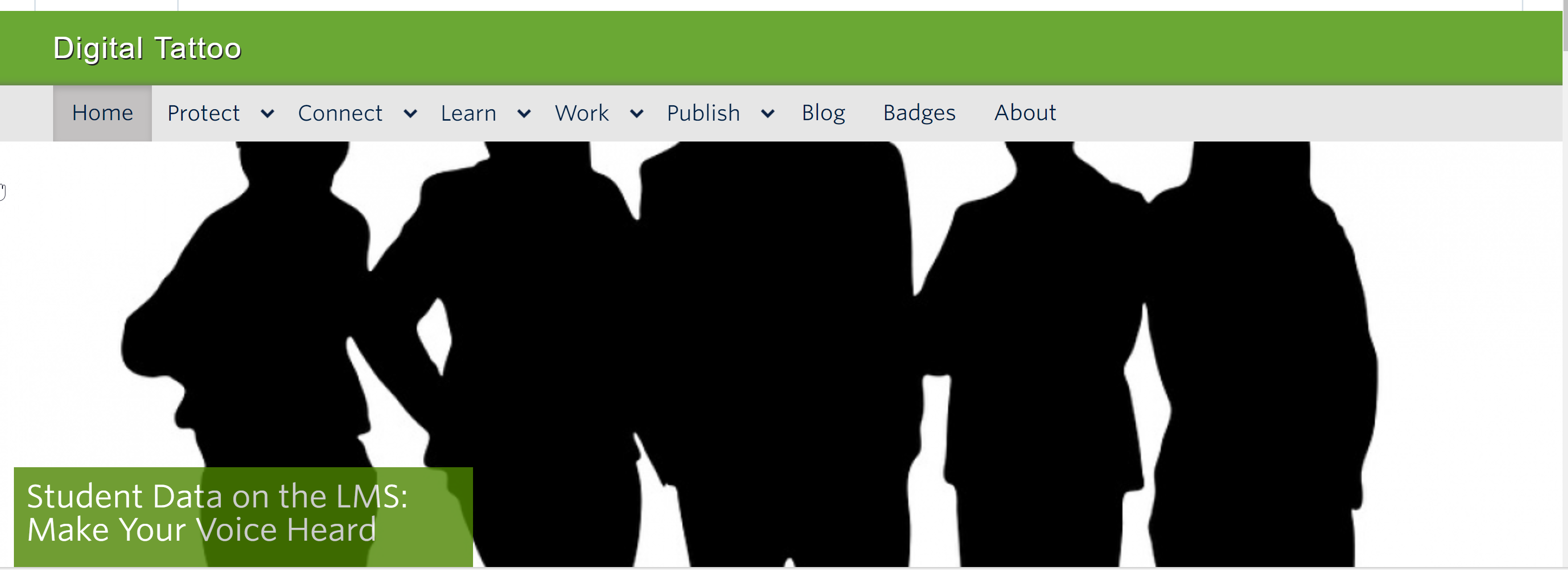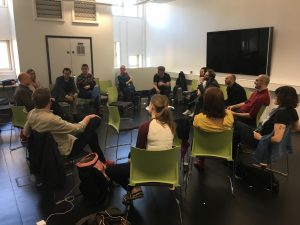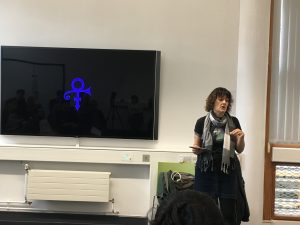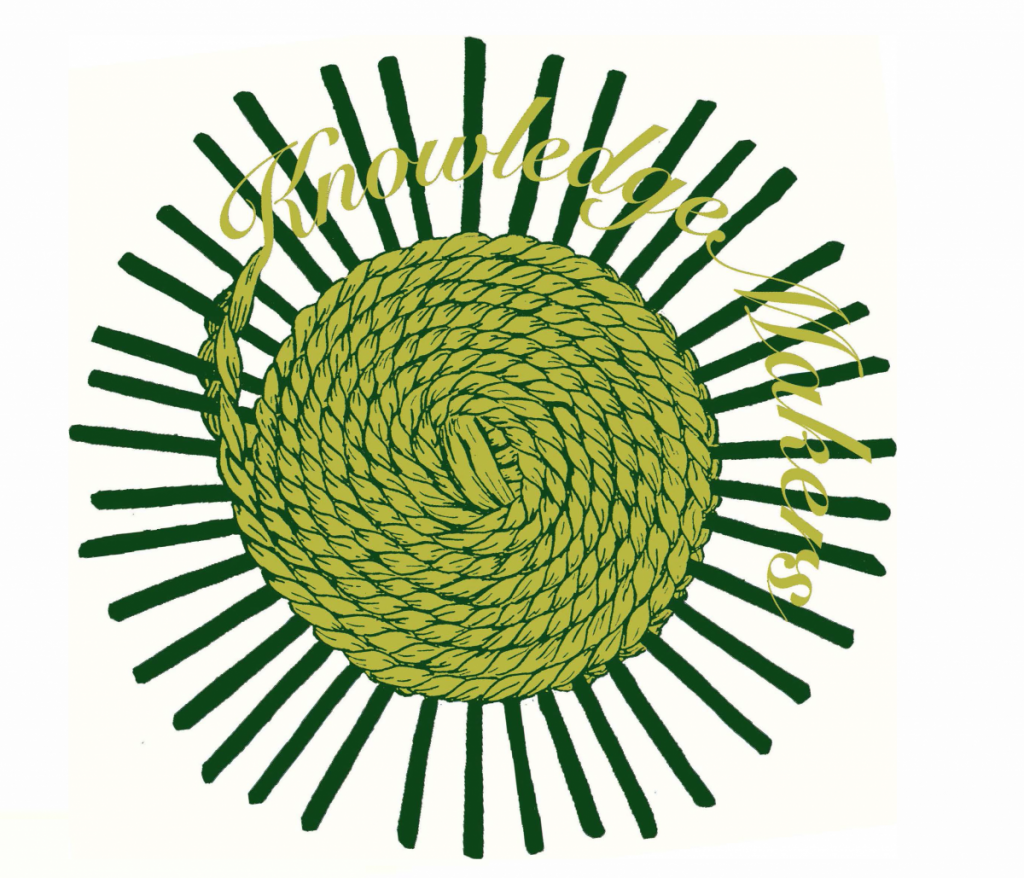begin slide 1
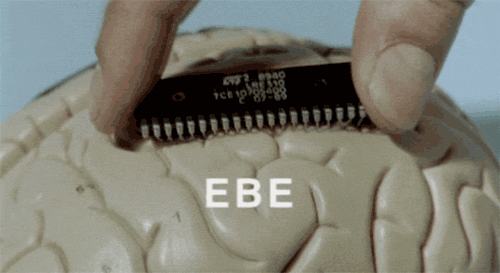
What does digital resiliency look like?
end slide 1
begin slide 2
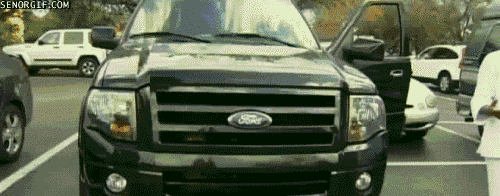
Open Textbooks and Digital Sanctuaries
CAN OPEN TEXTBOOKS HELP SHAPE THE WEB AND AT THE SAME TIME BE A DIGITAL SANCTUARY FOR ONLINE READING?
How Open Textbooks Help Shape the Web
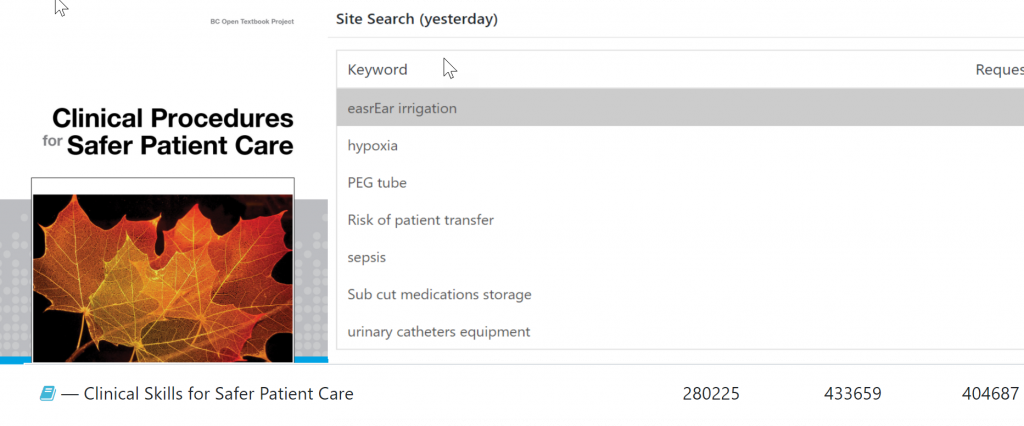
Reading Over our Shoulders
“Reading activity was once a “black box,” Cohen said, but when virtually every student in a course is using the same platform to study, publishers can gather usage data that could influence changes made to future editions of the course materials. Faculty members, meanwhile, can consult a dashboard to see the topics students struggle with and alter their lectures accordingly…”
Open Textbooks and Pressbooks – Own Our Reading Data
BCcampus Open Textbooks https://open.bccampus.ca/
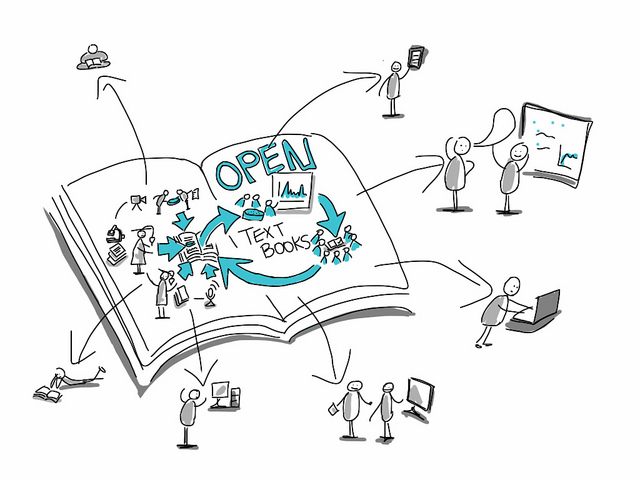
Open Textbook by Giula Forsyth, dedicated to the Public Domain
end slide 2
begin slide 3
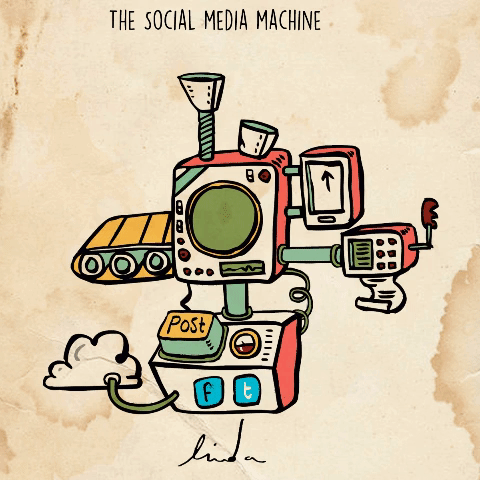
Students Owning Open
Can working with students to develop resources and think about privacy and digital identity help them be more resilient on the web and be more aware of their own data usage?
https://digitaltattoo.ubc.ca/
The goal of this site and the Digital Tattoo project is to raise questions, provide examples and links to resources to encourage you to think about your presence online, navigate the issues involved in forming and re-forming your digital identity and learn about your rights and responsibilities as a digital citizen. It’s really just all about making informed decisions and your own decisions.
end slide 3
begin slide 4
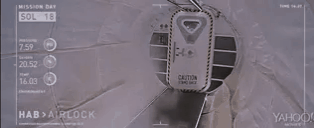
Moving towards open one step at a time
Can we create open spaces at our institutions where students can create and share?
UBC Wiki
79,571 articles by students, staff, and instructors in 950 categories.
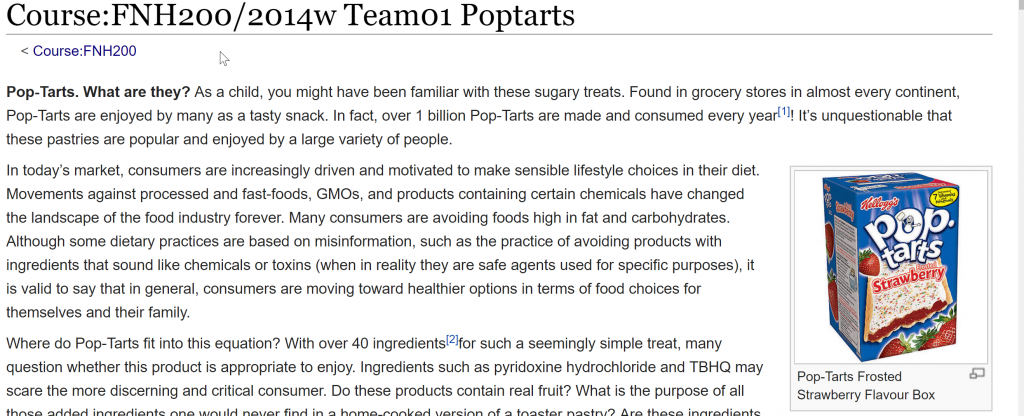
Training Wheels for Wikipedia

A Way for an Institution to Create Open Content
http://wiki.ubc.ca/
end slide 4
begin slide 5
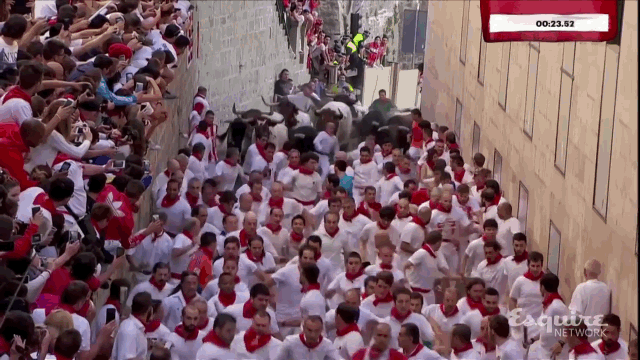
Hackathons – Safety in Crowds
Can we use Wikipedia Edit-a-thons to give students a safer space and time to edit Wikipedia
Science Literacy Edit-a-thons – Collaborative Editing Across BC Institutions
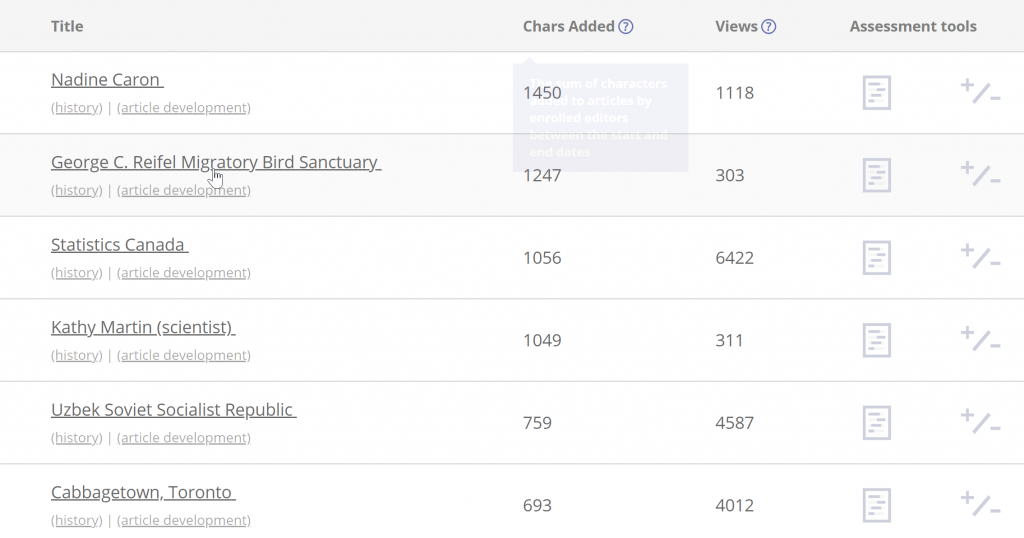
Art + Feminism Edithon
Art+Feminism is a campaign improving coverage of cis and transgender women, feminism and the arts on Wikipedia. From coffee shops and community centers to the largest museums and universities in the world, Art+Feminism is a do-it-yourself and do-it-with-others campaign teaching people of all gender identities and expressions to edit Wikipedia.
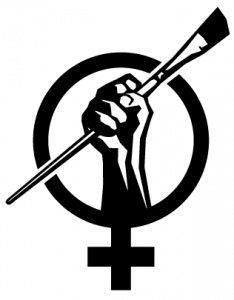
end slide 5
begin slide 6
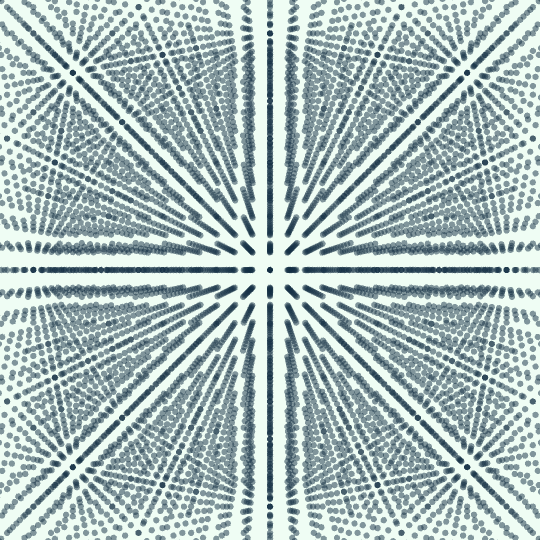
What is to be done?
Coming out of OER17, and after an intense and sobering day at Coventry’s DMLL a clear sense that something needed to be done towards safety in open online learning.
A reminder that while the medium of digital learning is global, the sphere where we can make an influence is closer to home.
Some local context:
Privacy legislation that makes use of cloud services problematic on another level. (Emergence of good regional alternative.)
The consent form as pedagogic opportunity.
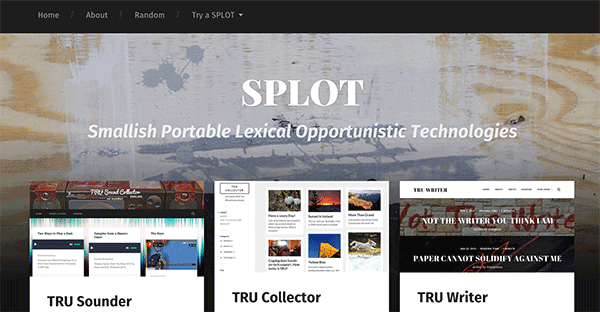
Yeah, we’re SPLOTting…
Like this for Apps for Access to Justice (more info).
Foundations: videos from Dr. Shelly Johnson, Mukwa Musayett, Canada Research Chair in Indigenizing Higher Education at Thompson Rivers University. Context for towards-indigenizing.trubox.ca/
A platform for the Knowledge Makers, an Indigenous student research network. 2018 volume just released!
The question of open sharing and indigenous ways of knowing is not without its complications, see Kimberley Christen, “Does Information Really Want to be Free? Indigenous Knowledge Systems and the Question of Openness”. And the Mukurtu CMS: an open source, free, standards-based community archive and content management system aimed at the specific needs of indigenous peoples globally.
But results can be powerful:
My grandmother attended residential school on the territory where I now pursue a post-secondary education. Today, I stood on the same land to be recognized as a first-generation, published, Indigenous researcher. pic.twitter.com/4TFxzQDWzY
— Janelle Lapointe (@janellelapointe) March 23, 2018
Journal online: https://t.co/vaPIT8RQzC – it looks like there was a couple typos missed in the final edit, but I know y'all just wanna see the content anyways. 🍃
— Janelle Lapointe (@janellelapointe) April 11, 2018
end slide 6
begin slide 7
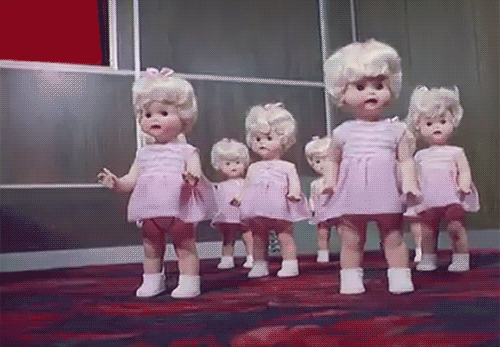
Send in the clones
Clonable starter portfolios for the Knowledge Makers.
Props to Crystalyn Lemieux for her work with the portfolios!
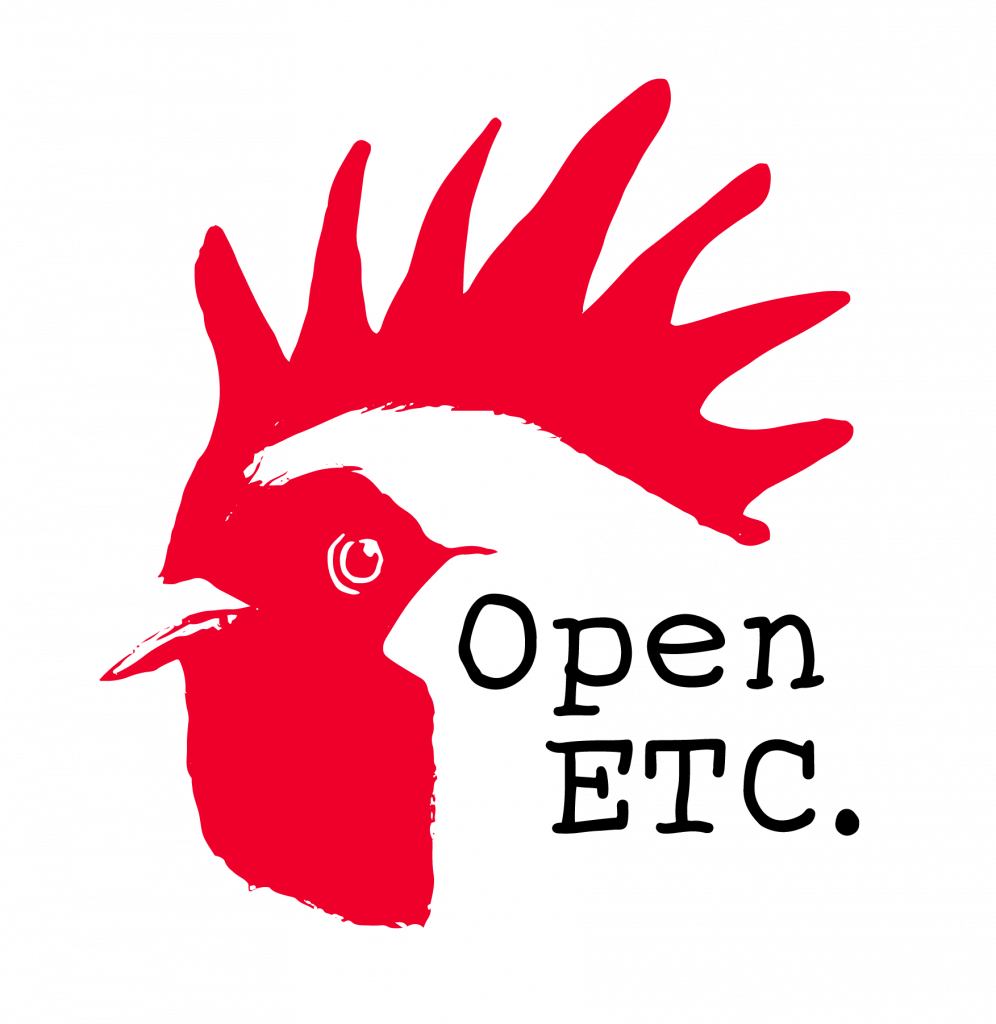
“Contributions, not contracts”
https://opened.ca/
https://opened.ca/wordpress/
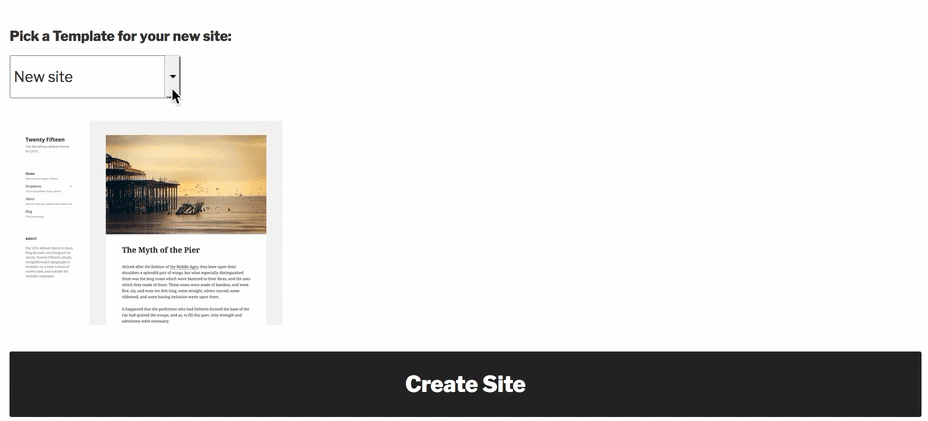
https://opened.ca/wp-signup.php
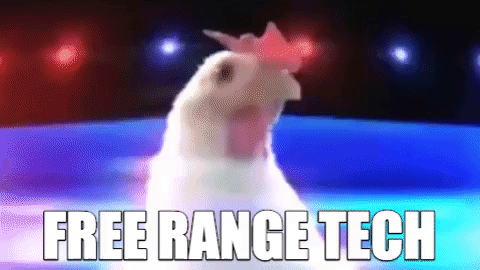
end slide 7
